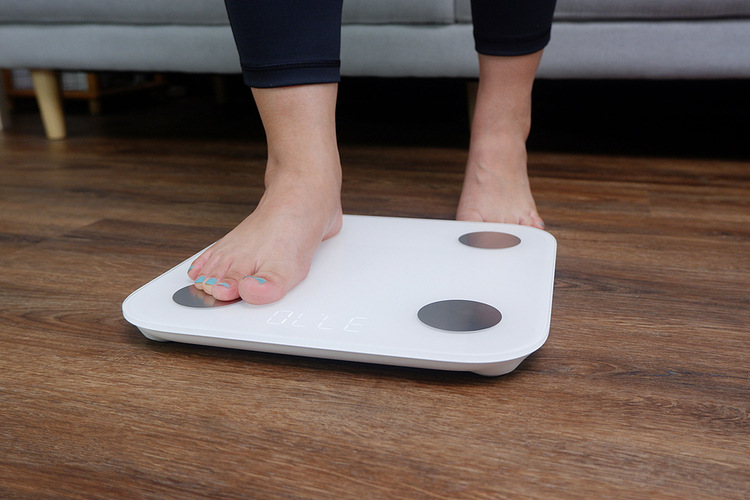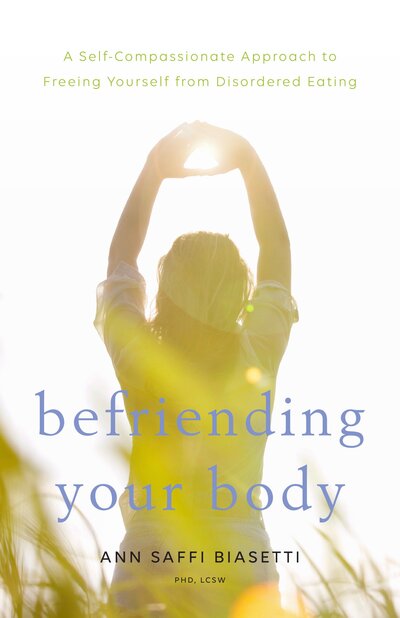Exercise is a great way to improve one’s health both mentally and physically. But while most of us see exercise as a chore, some make it into an obsession and have trouble taking a day off. Sadly, overexercising can be as bad for you as not exercising at all. In this post, I’ll explain the problems with overexercising and tell you how much you need for optimal health.
What Is Overexercising?
A couple of months ago, while writing a post about the importance of exercise, I recalled that there are also people who exercise too much. Overexercising happens when someone is more active than their body can handle. It’s often seen with people who suffer from eating disorders, in athletes, or in people obsessed with fitness.
Basically, anyone can overexercise. Especially if they’re trying to get their body to a certain fitness goal. But in reality, getting too much exercise or overtraining can lead you away from where you want to be.
Overtraining can lead to loss of fitness, weight loss plateaus, and loss of motivation to reach your goals. As your overexercising gets worse, you find it harder to get through workouts of the same intensity. You also enjoy your workouts less.
If you’re skipping your favorite hobbies to exercise, it may be time to think about whether you’ve made it into an obsession or addiction. Take note if you start worrying about taking a day off or if you find yourself exercising through illness. People around you may also take notice and voice their concerns. If you think you’re overexercising, it’s best to ask your doctor or trainer for advice.
What Is Too Much Exercise?
This is different for everyone, so I’ll just give a rough guideline. The best way to know if you’re overexercising is to pay close attention to your body. If you’re experiencing the many symptoms of overexercise, then it’s time to ease back and allow your body to recover. If you don’t, you could become easily burnt out.
All in all, it’s pretty safe to say if you’re working out 2 hours a day, every day, you’re exercising too much. Rest is an important part of getting fit.
If you find yourself exercising too much, ease back on your activities for a week or two to allow your body to heal. If you’re still having the symptoms, talk to your doctor. You could have an underlying issue that needs to be addressed.
“There is virtue in work and there is virtue in rest. Use both and overlook neither.” – Alan Cohen Click To TweetSymptoms of Overexercise
Overexercising has many side effects and shouldn’t be taken lightly. Here are the many ways that overtraining can hold you back or hurt your body:
- Loss of period.
- No longer improving fitness.
- Not healing properly.
- Getting sick often, due to worsened immune system.
- Constant fatigue.
- No longer enjoying workouts.
- Mood swings.
- Depression.
- Injuries from overuse, such as muscle tears and bone fractures.
- Inflammation of the muscles, such as shin splints.
- Heart problems.
How to Avoid Overexercising
To avoid overtraining, remember to make rest part of your fitness plan. Take a day off once a week, or at the very least, do some active rest exercises. This can be going for a walk or doing a lower intensity version of your typical workouts.
Another great way to steer clear of overexercising is to work different muscles each day to give the others time to heal. Changing up your exercises daily allows your body to heal the muscle groups you used the day before. Try mixing up cardio and strength training, or do upper body one day and lower body the next.
Don’t forget to take time after working out to bring down your heart rate gently while keeping the blood flowing. To do this, you can stretch out the muscles worked or do a cooldown. Stretching can also increase your range of motion and lower your chances of injury in the future.
For recovery, don’t forget to fuel your body by eating lots of healthy food and drinking enough water. This will help keep your body from breaking down over time. Also, try not to exercise in overly hot or cold conditions.
Lastly, make sure you get plenty of sleep. While you sleep, your body will repair and strengthen itself, so it’s ready for the next workout. In most cases, getting 7-9 hours of sleep each day is best.
A Little Extra Help:
If you want to learn how to care for your body again, I have a great recommendation! Befriending Your Body by Ann Saffi Biasetti is a book written to help readers reconnect with their bodies. It graciously teaches you to have compassion for yourself and heal from the inside out.
Befriending Your Body gives you the power to discover who you really are and opens the door to self-improvement. It also offers many simple practices using guided meditation, yoga, and journaling. If you want to learn more about the book, I wrote a complete review of it here.
Overexercising: In Conclusion
Overexercising is when you work out harder or more than your body can handle. Too much exercise over time can lead to many issues, such as bone fractures, muscle tears, fatigue, and slowing your improvement. The body can only recover so fast, and working harder than it can keep up with will do more harm than good.
To keep your body healthy as you improve your fitness, make sure you’re taking rest days. Taking a break when your body is feeling weak or sore will give it time to repair itself. Don’t forget to eat nutritious foods, get good sleep, and drink lots of water as well.
When it comes to bettering your health and fitness, faster isn’t always the way to go. When you put in the work and allow your body to recover, you’ll get to where you want to be without causing any problems along the way. Having smaller goals and being patient will always reward you in the end!
Have you ever experienced the symptoms of overexercise? I’d love to hear about it. Share your story in the comments!
That’s it for now everyone. If you’ve found some value in this post, please share it to inspire others too! Thanks!

Facebook | Twitter | Instagram | Pinterest
This post contains affiliate links for products that I love. If you use these links to buy something I may earn a commission with no additional cost to you. Thanks for helping keep this site going! Also, this post was made for the site Lose Weight With Ang. If you’re reading this on a different site, please email us https://loseweightwithang.com/contact/
References:
- https://www.heart.org/en/healthy-living/fitness/fitness-basics/warm-up-cool-down
- https://www.12minuteathlete.com/exercising-too-much/
- https://medlineplus.gov/ency/patientinstructions/000807.htm
- https://www.health.harvard.edu/staying-healthy/how-much-water-should-you-drink
- Featured image credit: Inna_Dodor/bigstockphoto.com





No problem haha
Pingback: How Over-Exercising Can Make You Unhealthy | Lo...
We need to approach life with enjoyment and moderation.
Absolutely Bernadette. Great advice!
I’ve been there before. Working out and yet I looked almost anorexic. I feared carbs…
I’m glad to hear you’re not there anymore. Over-exercising is a form of purging and can be used to punish ourselves for eating.
I was trying to burn as many carbs as possible. I think my body was eating itself.
🙁
I can’t say that over exercising is a big danger of mine 😂. Although I have injured myself by trying to fight through pain. The important thing is to listen to your body as you say. Thank you for the helpful advice Ang 🙏
Sounds like you learned a valuable lesson. Thanks 😊
I’m wrestling with this right now. More is definitely not working sometimes .
You’re absolutely right 🙂
Pingback: When Does Healthy Eating Become a Diet? - Lose Weight With Ang
Pingback: The 6 Worst Ways to Lose Weight - Lose Weight With Ang
Over exercising can definitely harm body in many ways, it’s okay to stop when the body is not in proper condition, or demands rest. If we are exercising at times when we are not feeling good, then we are not doing any good to ourselves. Over-doing is always harmful!
Well said!